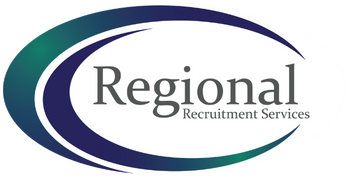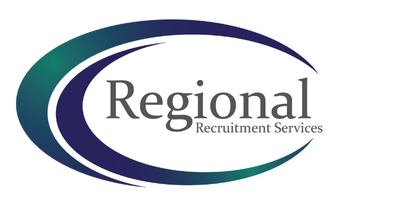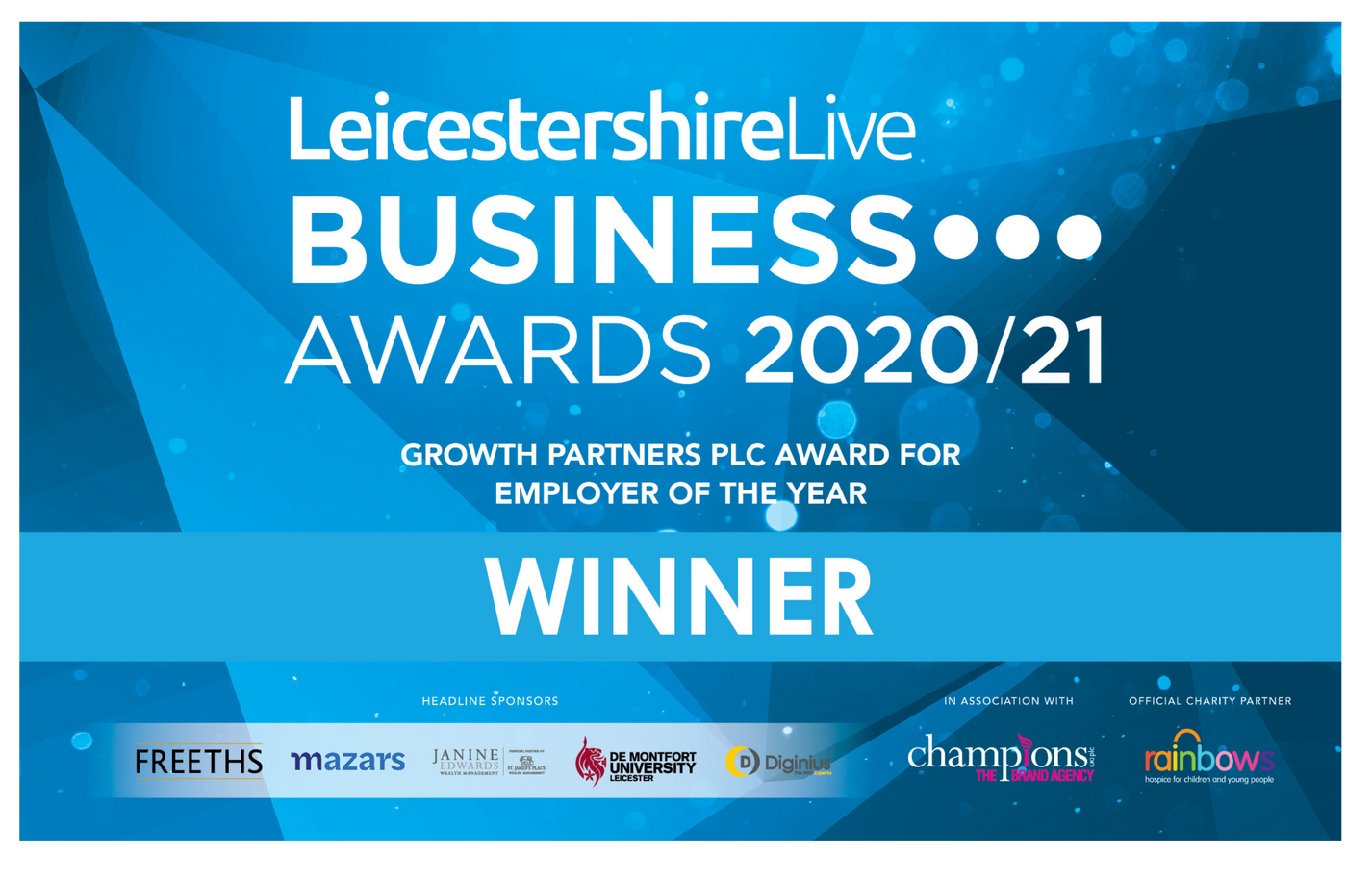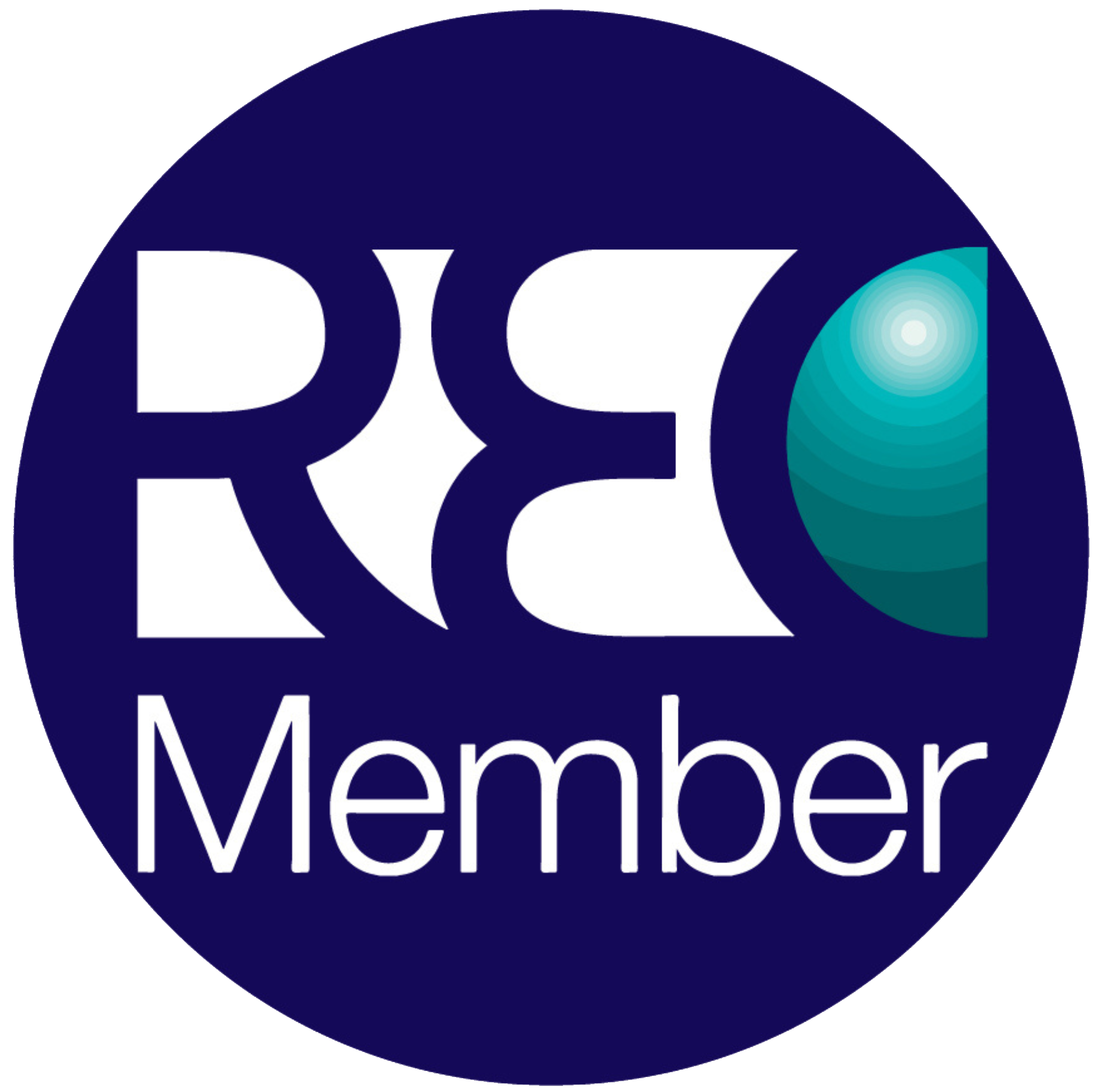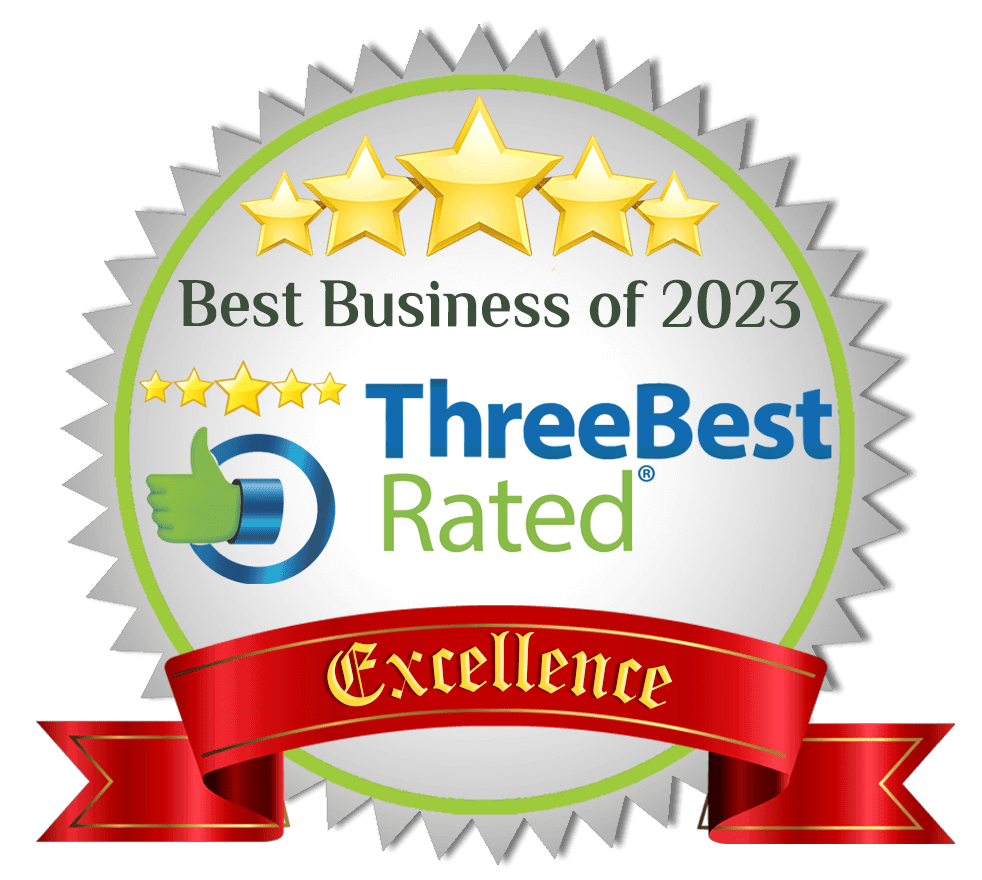Candidates Blog

We’re incredibly excited to announce the launch of our dedicated Tech Recruitment Team and even more excited to introduce the two people behind it. Technology is reshaping how we work, and the race for tech talent has never been more competitive. From AI-driven automation to cloud migration, businesses across every sector need skilled professionals who can turn digital ambition into reality. That’s where Holly Kemp and Asha Mohamed come in.

The Government has announced a 4.1% increase to the National Minimum Wage, effective from April 2026. From April 2026, the national minimum wage for over-21s rises to £12.71/hr , for 18–20‑year‑olds to £10.85/hr , and for 16–17‑year‑olds and apprentices to £8.00/hr . While this may seem like a modest change, even small increases can have a significant impact on recruitment and workforce planning. We're sharing this now so you can plan ahead and not scramble when you need to fill a role. Understanding these changes early gives you time to adjust your strategy, budget effectively, and stay ahead of your competition. Hiring becomes more strategic, not reactive: given rising wage costs and tighter budgets, businesses should plan ahead rather than hiring in a rush to avoid urgent hiring at unsustainable cost.

Autumn is always such an exciting time at Regional Recruitment. As we head into the festive season, some departments really start to thrive and if you’re looking for work, or even just curious about where opportunities are growing, now’s the perfect time to take a closer look. Our logistics and industrial departments are always the busiest at this time of year. And honestly, it’s easy to see why.

The summer months often feel slower. The sun is out, holidays are in full swing, and life takes on a more relaxed pace. But while others take a break, you can use this time to get ahead in your job search. Many companies still hire in July and August, and staying active during this period can give you a serious advantage. Here are 5 simple and effective ways to stay motivated and make progress in your job hunt this summer.

Apprenticeships are becoming a valuable alternative to traditional education. They offer hands on experience that builds real – world skills. As university cost rise and the job market shifts, more people are turning to apprenticeships, not only to kickstart their careers but also to make rewarding career changes. For businesses, apprenticeships help develop skilled talent from the ground up, driving innovation and ensuring future growth. In this blog, we’ll explore why apprenticeships are more important than ever and how they benefit both individuals and companies.

Following the General Election this July, we have seen the new Labour government take office, bringing with it a renewed commitment to workers’ rights and employment law. The government is expected to prioritise fair wages, enhanced working conditions, and job security. Over the next few months we can expect to see significant legislative changes aimed at strengthening protections for employees and promoting a fairer employment landscape for all. For businesses, it’s crucial to stay up to date with changes to maintain compliance and adjust strategies accordingly, ensuring a smooth transition for continued success. For employees, keeping informed will help you know your rights, take advantage of new protections and help you confidently navigate your career in a changing landscape.

The recruitment industry in 2024 has experienced significant shifts, driven by economic fluctuations, technological advancements, and evolving work models. As we enter Q3 and navigate through the mid-year point, it’s important to reflect on the patterns, changes and trends that have shaped the job market so far. The first half of this year has had its fair share of opportunities and challenges, from increased implementation of AI in hiring processes to fluctuating job demands across various sectors. Understanding these trends is important for both the job seeker and the employer. For job seekers, staying up to date about current market dynamics helps in aligning skills with industry needs, enhancing employability, and securing positions. For employers, being aware of trends in the market is crucial to attract and retain top talent, stay competitive, and adapt to the rapidly changing economic landscape.
